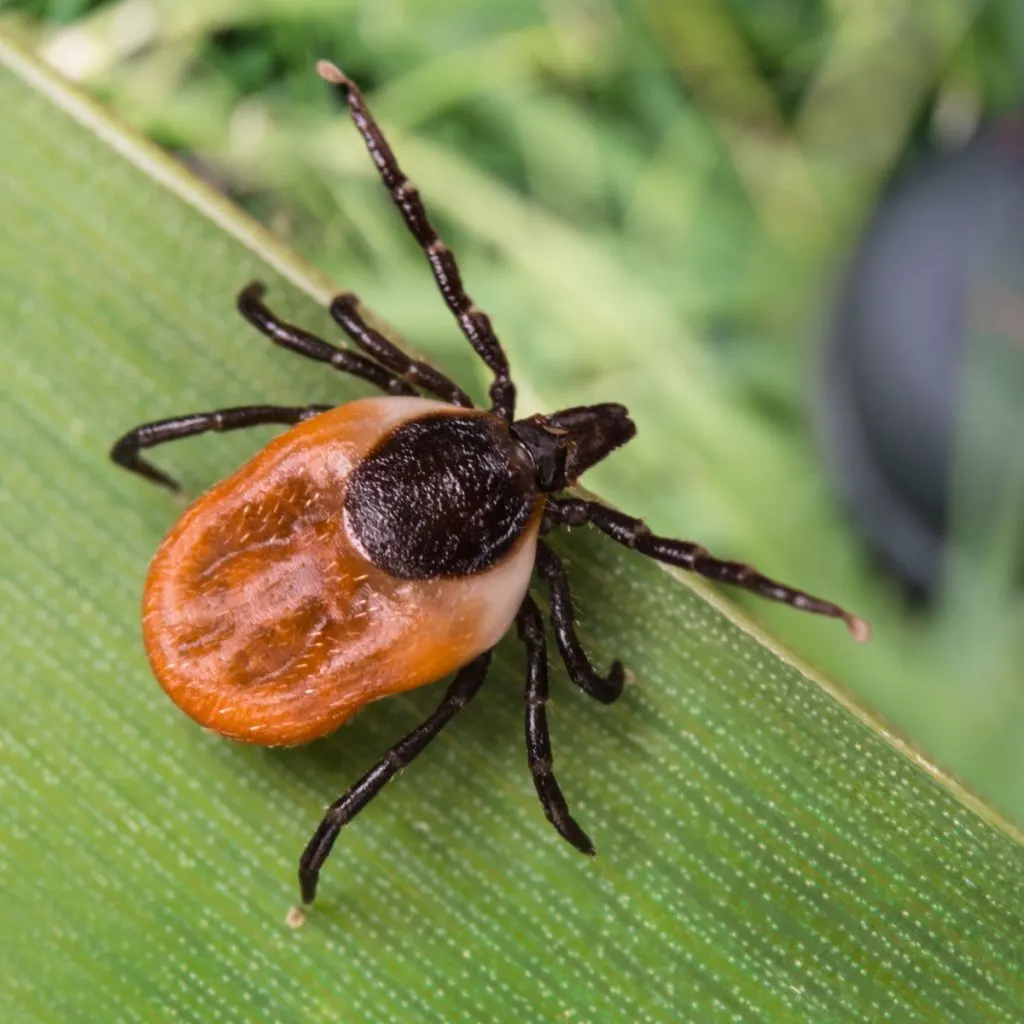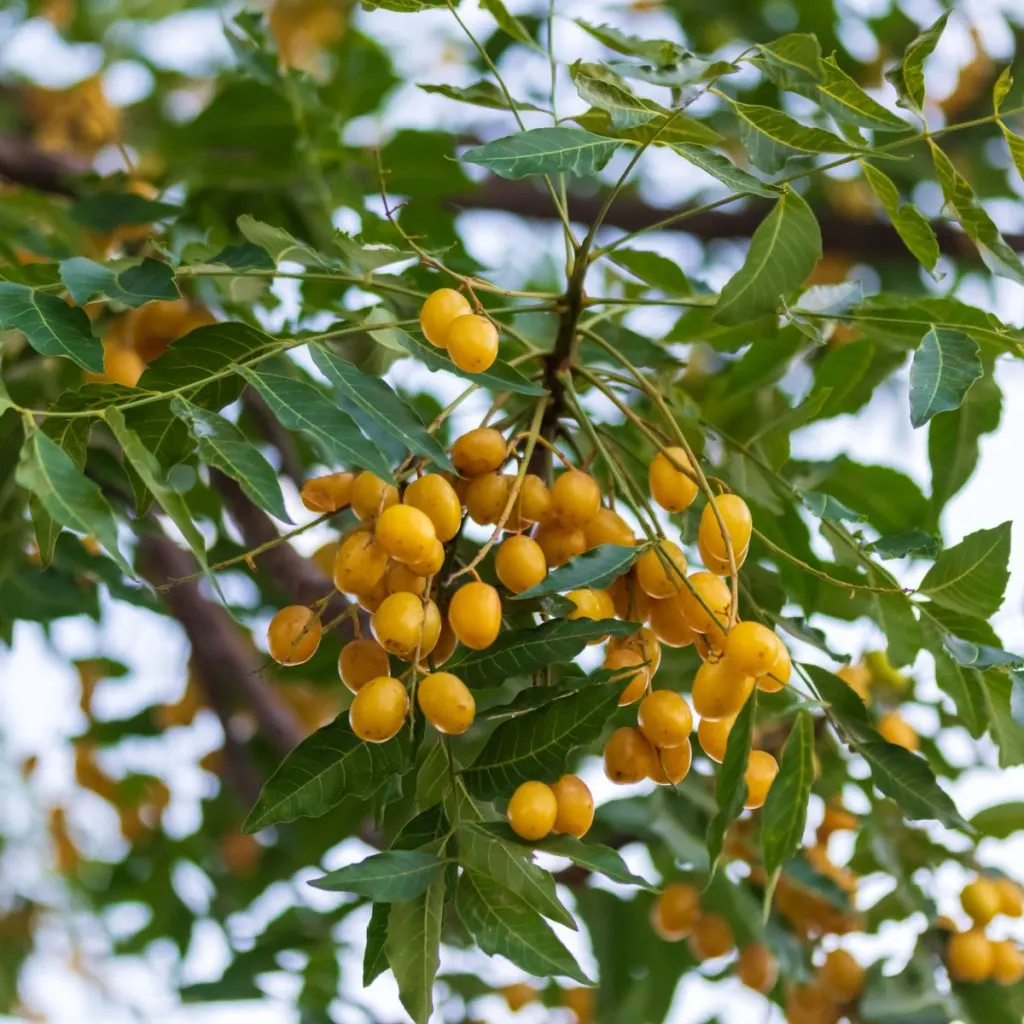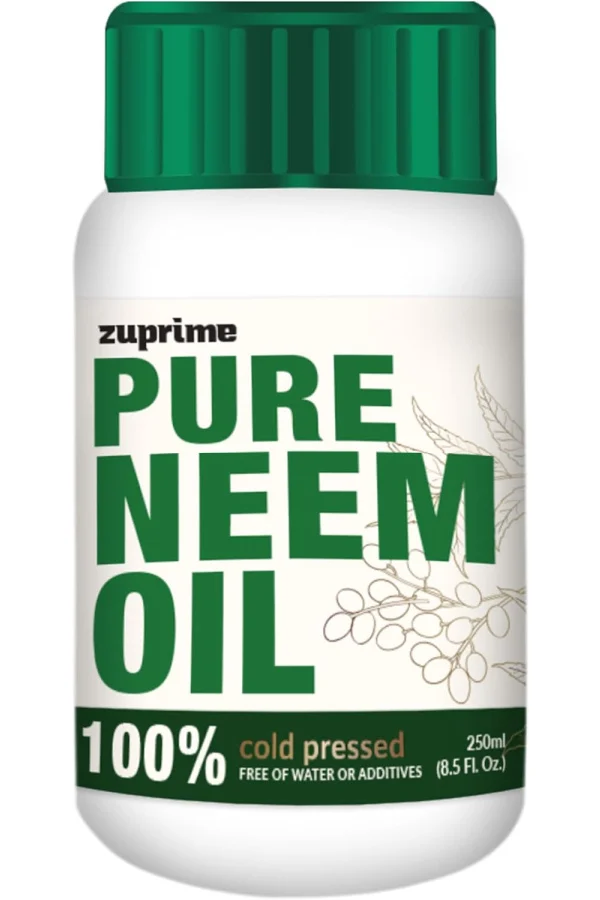Looking for the perfect solution to get rid of ticks in your yard and eliminate them for good?
Ticks are certainly becoming more of an issue with every passing year. Not only can their bites be painful, they also carry with them a long list of disease as well. From Rocky Mountain Spotted Fever, to Lyme disease and a whole host of ailments in between, ticks can cause serious illness for children, adults and pets as well!
One thing is for sure, keeping their population under control in your backyard is a must. But what is best to use? Especially when it comes to something safe for humans, pets – and many of the insects that are actually beneficial for your flowerbeds and garden.

Finding A Safe Way To Get Rid Of Ticks!
Unfortunately, many of the commercial pesticides that eliminate ticks happen to harm beneficial insects too. Even worse, they can be dangerous for humans and pets when ingested or if they come into contact with their skin.
But the good news is that when it comes to getting rid of ticks and keeping them out of your yard, you don’t have to resort to harsh chemicals. In fact, there happens to be an organic, all-natural solution that works incredibly well to control ticks – and it’s none other than all natural neem oil!
Not only will it keep your backyard safe from these menacing insects, it will do so without the worry of having to resort to harsh or dangerous chemicals.
How To Safely Get Rid Of Ticks In Your Yard – With Neem Oil!
When it comes to protecting plants from insects, disease and more, neem oil is a proven all star! This all natural liquid is made from pressing oil from the seeds of a neem tree. And does it ever have a long list of helpful qualities all over the landscape.

When sprayed on fruit trees, it can protect developing fruit from scab, leaf spot, fungus and more. It can also help to kill lawn grubs when applied to lawns. And when you take care of grubs, you eliminate ground moles too! See: How To Get Rid Of Grubs – And Keep Ground Moles Away For Good!
But neem oil’s protective qualities don’t stop there. It’s also incredible for controlling aphids and whitefly infestations on flowers and vegetable plants. It also kills mosquitoes and fleas – all while being completely safe to use on plants and vegetables.
If that wasn’t enough, neem oil also eliminates young Japanese Beetles before they ever reach adulthood. And yes, you may have guessed by this point, it happens to kill ticks too. And quite amazingly well!
But here is the best new of all – even though neem oil can be detrimental to so many insects, it does not bother or harm bees and butterflies when applied correctly – which means you can keep important pollinators safe will taking care of ticks.
How Neem Oil Stops Ticks – How To Get Rid Of Ticks In Your Yard
When neem oil is sprayed onto a tick, the oil blocks the insects ability to breathe. When that happens, the tick loses the ability to function. Within a short period, the tick dies. Neem oil also disrupts mating and reproduction, further disrupting the ability to populate.
The good news is that it is extremely easy to use. To control tick populations on lawns, simply mix one gallon of water with 6 tablespoons of neem oil. Affiliate Product Link: Pure Zuprime Neem Oil for Plants – 100% Cold Pressed Neem Oil
Applying The Spray – How To Get Rid Of Ticks And Eliminate Them From Your Yard
To help allow the spray to stick to grass and plants, add in a teaspoon of olive oil or vegetable oil to the mixture and shake well. This will help provide better coverage and better tick control.
The mixture can be applied directly to lawns using a a pump or backpack sprayer. Be sure to coat the surface of the lawn evenly. Not only will this application help to rid your lawn of ticks, but it can also eliminate grubs, Japanese beetle larva, mites, fleas and mosquitoes in the grass too.
As for protecting the pollinators, always spray early in the morning or late in the evening when butterflies and bees are rarely active. If neem oil is sprayed directly onto a butterfly or bee it can kill them. However, once it dries (which is quite fast) it will not harm them.
For best results, re-apply once a month throughout the spring, summer and early fall months. Getting a spring application on is great for helping to control mating and population booms. If you are not into mixing your own organic solution, there are also all-natural neem oil mixes on the market that are ready to spray.
Listen In To Our Podcast Below For Even More Information On How To Control Ticks!
And If You Have Chickens – How To Get Rid Of Ticks From Your Yard
Believe it or not, one of the best and most effective ways to eliminate ticks and clear them from your yard is with a small flock of backyard chickens!
We can speak to this fact from our own personal experience. When we started to build our first farm back in 2010, to say there was a tick problem would be the understatement of the year. In fact, you couldn’t walk ten feet in any direction without having one attaching to your clothing or arms.
It was so bad in fact, that our then eleven year old son wouldn’t leave the comfort of a small trailer to step in the grass – mainly because he was not fond of ticks in the least!
If you happen to have chickens, allowing them to roam in your yard can put a serious dent in tick populations. They absolutely love them and in short order can almost eliminate them entirely. For us, within a year, we had zero ticks! For more great ways to use neem oil to help battle pests, see our article: One Simple Trick That Will Stop Ground Moles & Grubs This Spring – All At Once!
Here is to getting rid of ticks from your yard – and to keeping you, your family and your pets safe! Happy Gardening – Jim and Mary.
Old World Garden Farms
Jim and Mary Competti have been writing gardening, DIY and recipe articles and books for over 15 years from their 46 acre Ohio farm. The two are frequent speakers on all things gardening and love to travel in their spare time.
As always, feel free to email us at thefarm@owgarden.com with comments, questions, or to simply say hello! You can sign up for our free email list in the subscribe now box in the middle of this article. Follow us on Facebook here : OWG Facebook. This article may contain affiliate links.

